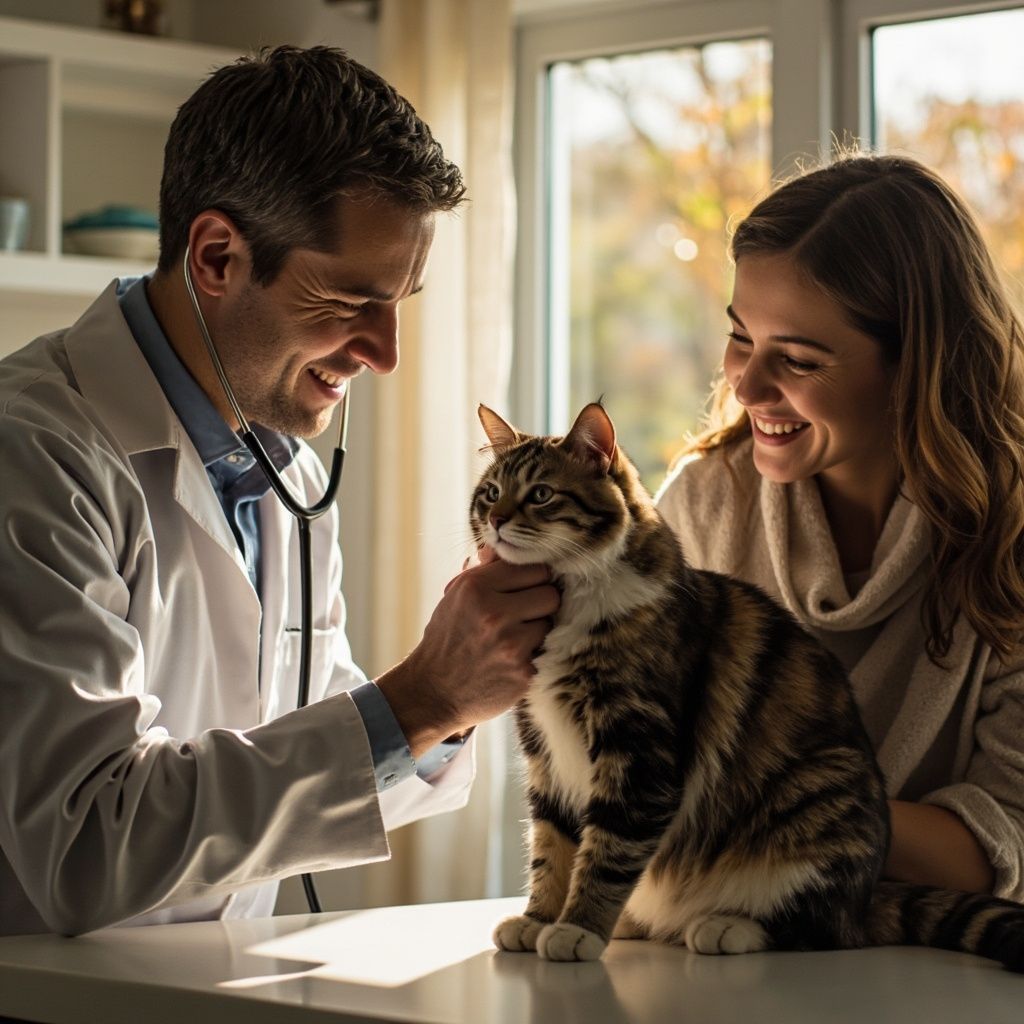Everything You Need To Know About Seizures In Dogs
Seizures can be a terrifying event for everyone involved and, unfortunately, are often are a symptom of something much more serious. As veterinarians, we understand that owners may often feel a sense of helplessness when their beloved pet starts to seize. From getting your dog through a seizure and the next steps at your veterinarian’s office, here's everything you need to know.
What Causes Seizures in dogs?
Seizures can be a symptom of a plethora of other problems. The most common cause is epilepsy. Chemicals within their environment can also cause seizures if ingested. These range from but aren't limited to house cleaners, lawn chemical agents, poisonous flowers/mushrooms, and toxic foods for dogs.
Other causes of seizures in dogs are:
- Liver disease
- Low or high blood sugar
- Kidney disease
- Electrolyte problems
- Anemia
- Head injury
- Encephalitis
- Strokes
- Brain cancer
What are the Symptoms of Seizures?
Before a seizure, dogs may look confused, dazed, unsteady, or stare off into the distance. They may also try to hide or act strange. Afterward, they may be disoriented, wobbly, or temporarily blind.
Symptoms of a seizure in dogs include:
- Sudden collapsing
- Jerking
- Stiffening
- Muscle twitching
- Loss of consciousness
- Drooling
- Chomping
- Tongue chewing
What are the different types of seizures?
Below, we explain the different types of seizures.
Grand mal seizures are the most common type of seizure. During a grand mal seizure, abnormal electrical activity happens in the brain, causing the abnormal behavior before the seizure and the seizure itself. Grand mal seizures tend to last a few seconds to a few minutes.
Focal seizures are localized seizures that affect only certain limbs or one side of the dog. Some focal seizures can turn into more generalized seizures. Psychomotor seizures are unlike typical seizures, as they will cause strange behavior instead of muscle spasms. Behavior may include attacking an imaginary target. These types of seizures are hard to distinguish from quirks the dog may have, but the behavior will always be the same with a psychomotor seizure.
Idiopathic epilepsy is the general term for all other seizures not associated with grand mal, focal, or psychomotor seizures and with an unknown origin. These types of seizures can happen in dogs between 6 months and 6 years and, while any dog can have a seizure, they are more common in Border Collies, Australian Shepherds, Labrador Retrievers, Beagles, and German Shepherds.
What to do if your dog has a seizure?
Stay calm. Gently slide your dog away from anything that could hurt them, like furniture or stairs. Stay away from their mouth; they may accidentally bite you. Don't try and put anything in their mouths either. Contrary to popular belief, dogs cannot choke on their tongues. Time it. If you can time it, do so. This will help not only help your veterinarian to figure out what might have caused the seizure, but if the seizure lasts over a few minutes, your dog can overheat. If this happens, place a fan near them and use cold washcloths on their paws to cool them down. If your dog’s seizure lasts for more than five minutes or if they have several in a row while unconscious, bring them in immediately. Prolonged seizures can mean a rise in your dog’s body temperature, which can lead to overheating, problems breathing, and risks of brain damage if the brain isn't getting enough oxygen.
How can a seizure be treated?
While one seizure is nothing to brush off, it is also not typically life-threatening. If your dog has never had a seizure and is not currently under the care of a veterinarian for a seizure disorder, we recommend seeking immediate medical attention.
Your veterinarian will run blood tests and do a complete physical exam to determine the cause of the seizures.
Depending on the cause of the seizures, we may prescribe anticonvulsants to help manage the seizures. Once you start your dog on this medication, they will have to remain on it for the rest of their lives.
We know seizures are unsettling but, as with all medical disorders in pets, the sooner you get your dog treatment, the better the prognosis is likely to be. And with close monitoring and medications , an epileptic dog can live a happy, healthy life. If you think your dog may have suffered a seizure, call us right away so we can figure out the type of seizure and start the appropriate course of treatment.
Recent Posts










